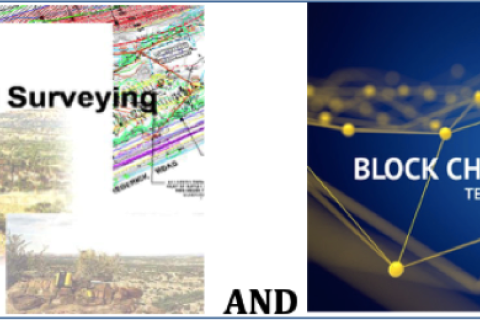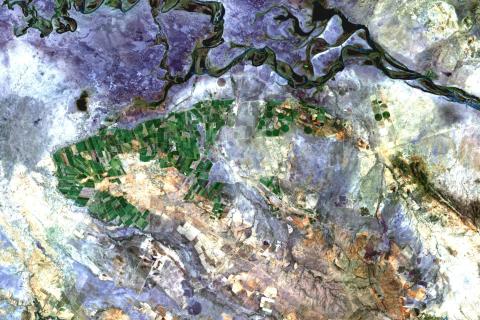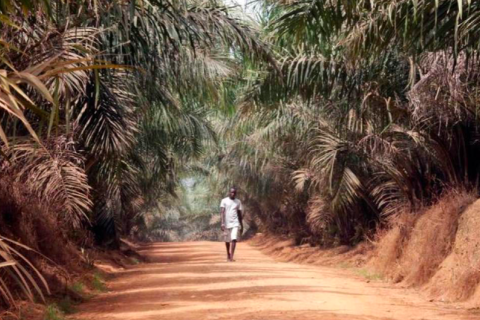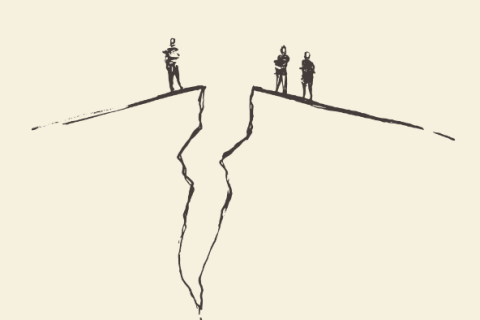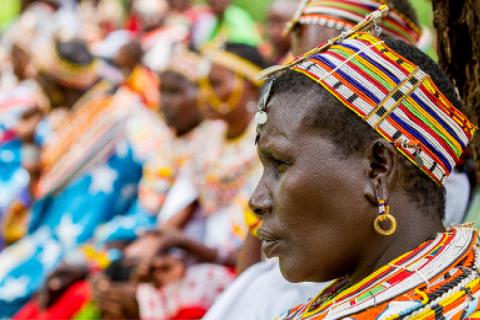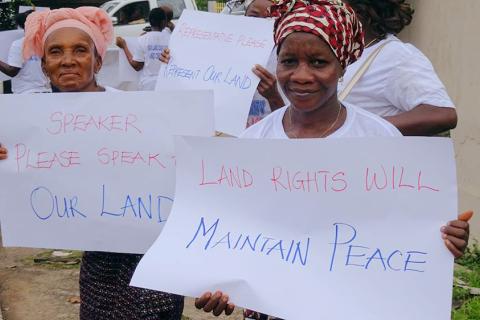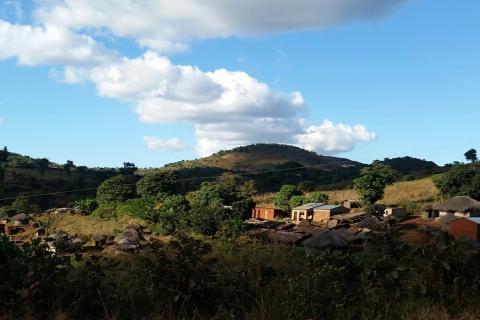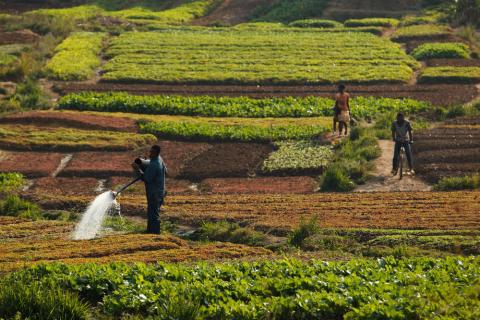The Impact of Blockchain Technology on the Surveying Industry, Cadastre and Land Registry Systems
UNLIKELY PARTNERS: BLOCKCHAIN & LAND SURVEYING INDUSTRY
OUTLINE
I. Introduction to Blockchain Technology
II. Overview of the Surveying Industry
III. Surveying and Blockchain
IV. Types of Blockchains
V. The Case for Blockchain in the Real Estate Industry
VI. Blockchain, Surveying, Land Registry and Cadastre
VII. Blockchain Registry Integration Levels
VIII. The Future of Blockchain for Real Estate
IX. Conclusion
APPENDIX
Glossary — Blockchain Terminology

